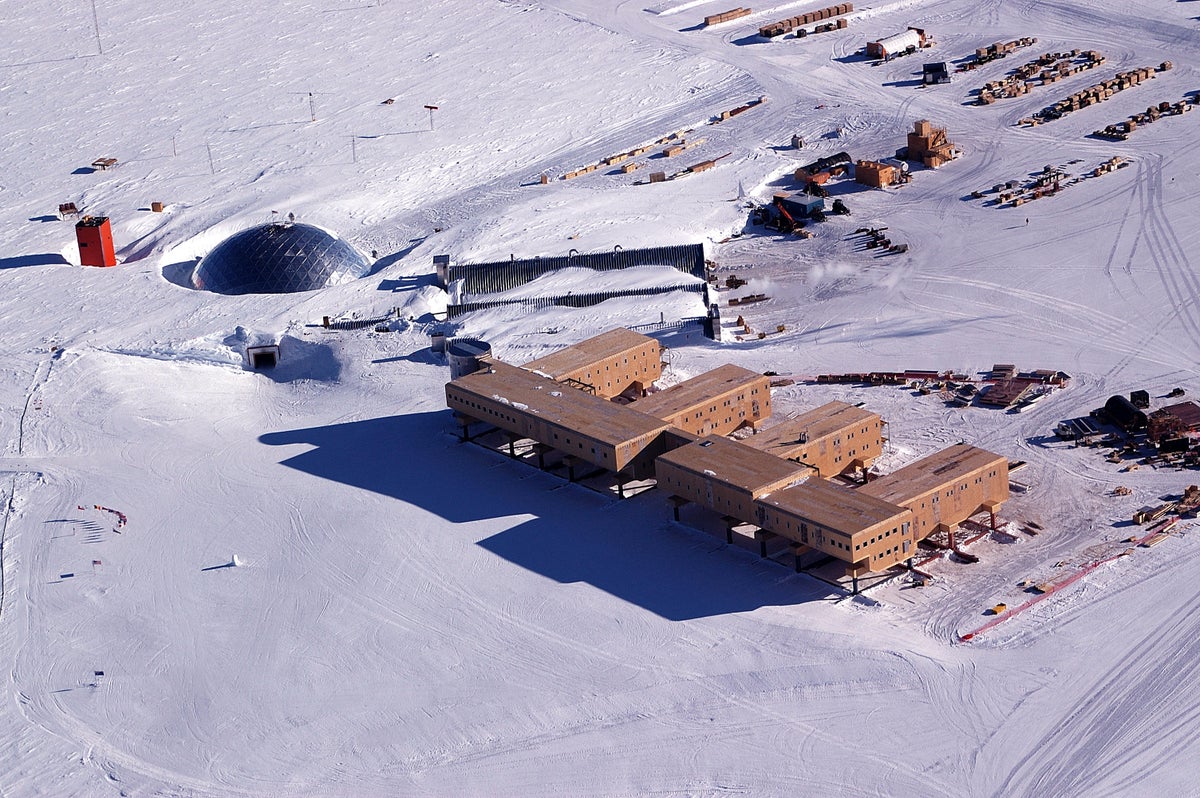Now Reading: U.S. Halts Support for Cosmic Inflation Research Project CMB-S4
-
01
U.S. Halts Support for Cosmic Inflation Research Project CMB-S4
U.S. Halts Support for Cosmic Inflation Research Project CMB-S4

Quick Summary:
- project Cancellation: The U.S. Department of Energy and National Science Foundation (NSF) have withdrawn support for the $900-million Cosmic Microwave Background Stage 4 (CMB-S4) project,leading to its effective cancellation.
- Purpose of CMB-S4: The project aimed to detect primordial gravitational waves,providing strong evidence for cosmic inflation shortly after the big bang. it woudl have utilized telescopes in Antarctica and Chile.
- Challenges: Aging Antarctic infrastructure and budget uncertainties contributed to the decision. NSF cited logistical barriers such as limited power supply, sinking buildings, and lack of personnel housing at the South pole.
- Attempts to Salvage: Scientists proposed scaling down operations solely in Chile at half the cost, but agencies declined further support amid competing priorities and financial constraints.
- Consequences: Researchers worry this decision impacts U.S. leadership in fundamental cosmological studies while international efforts like Japan’s LiteBIRD mission or China’s AliCPT telescope advance similar goals.
Indian Opinion Analysis:
The cancellation of CMB-S4 reflects broader challenges in balancing scientific exploration with infrastructural and budgetary limitations-a reality faced by nations pursuing advanced research projects globally. For India, this case emphasizes two key lessons: managing infrastructure effectively for long-term research investments (especially relevant considering India’s endeavors in space science like ISRO missions) and allocating resources strategically amid fiscal restraints.
Additionally, international collaboration is increasingly crucial given that scientific endeavors frequently enough transcend geopolitical borders due to their complexity. India’s active participation on global platforms could benefit projects that face similar hurdles domestically by leveraging shared knowledge rather than siloing its efforts.
Irrespective of geographical setbacks or funding shortfalls for specific projects like CMB-S4, continued investment in foundational science remains vital not only for advancing human knowledge but also as a tool fostering technological innovation-a priority relevant worldwide.
























